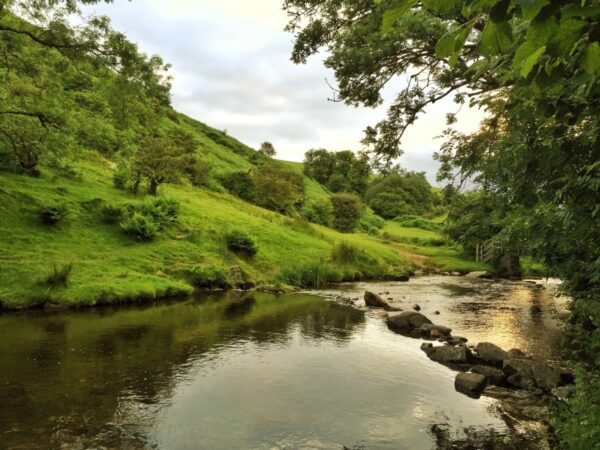The Guardian has reported that the government’s efforts to protect UK rivers have been labelled an “abject failure” after two-thirds of farms in Devon were found to be causing pollution when inspected by the Environment Agency.
Between 2016 and 2020, the agency visited more than 100 cattle farms in north Devon to check levels of compliance with environmental regulations, particularly around safe slurry storage and spreading.
Nearly nine in 10 farms were not compliant with those regulations and two-thirds were causing pollution, according to the report obtained by the Guardian [pdf] after a freedom of information request.
Charles Watson, from the campaign group River Action, said: “The north Devon report gives a damning indictment of the role played by the dairy industry as a major polluter of our rivers, as well as highlighting the abject failure of a defunded Environment Agency to enforce even basic environmental regulations.”
Campaigners have previously lamented the state of UK rivers, with intensive chicken farms blamed in part for the decline of the River Wye.
Sir James Bevan, chief executive of the Environment Agency, told MPs last year that, “statistically, the largest sector that is impacting our waters, in one way or another, is the farming sector”.
The report from Devon covers about 20,000 hectares (49,000 acres) of land to the north of the Taw estuary and comprises the River Caen, Bradiford Water and the River Yeo, all of which discharge into the Taw-Torridge estuary.
A popular livestock-farming region, Devon is home to more cattle than any other county in England. About 80% of the premises inspected were dairy farms.
The report said that many of the dairy farms inspected had increased the size of their herds due to “intense commercial pressure”. However, they had not expanded their slurry storage to accommodate the higher waste load.
While aware of the requirements for slurry storage, the report said farmers “often admitted to taking a business risk of not investing in infrastructure because there was little regulatory presence in the catchment and the lack of direct payback”.
The north Devon report worked in tandem with another covering the Axe catchment in east Devon and the findings and conclusions of both were strikingly similar.
The Axe report visited 86 dairy farms between 2016 and 2019 and found that 95% didn’t comply with environmental regulations and 49% were polluting. While the Axe report was published, the North Devon Priority Focus Area report remained unpublished until the Guardian’s FOI request.
Most of the area covered by the report in the Taw catchment is classified as a “nitrate vulnerable zone”. This requires each farm to have storage for five months of slurry, yet according to the report, few farms met this condition.
Watson said the report “raises serious questions over the legitimacy of the Red Tractor as a credible environmental standard given virtually every polluting farm was signed up to its assurance scheme”.
The full news piece in the Guardian can be read here and the report released under FoI can be found here.
